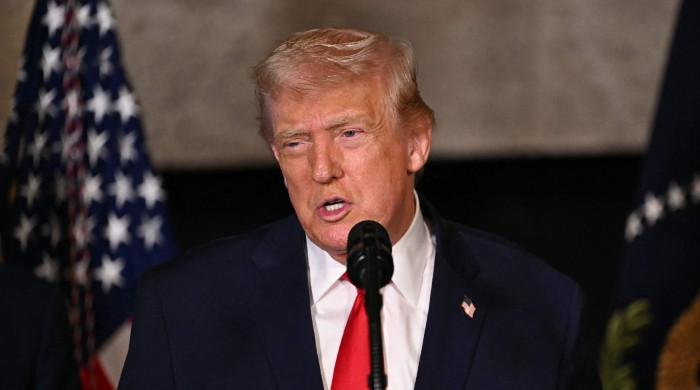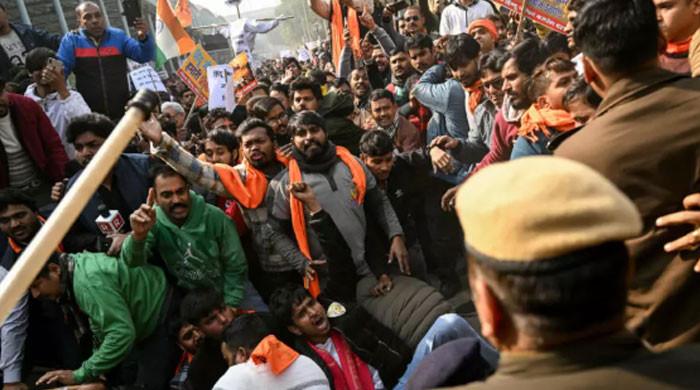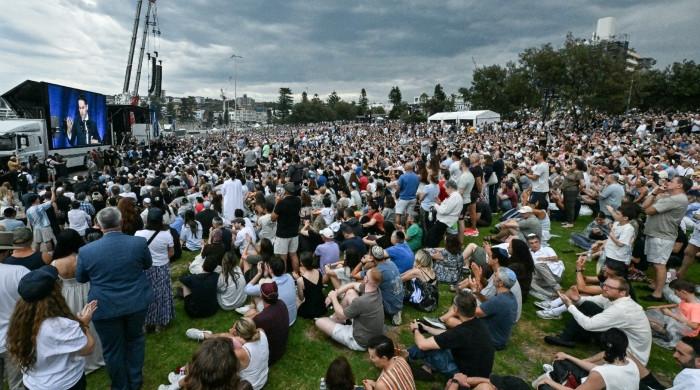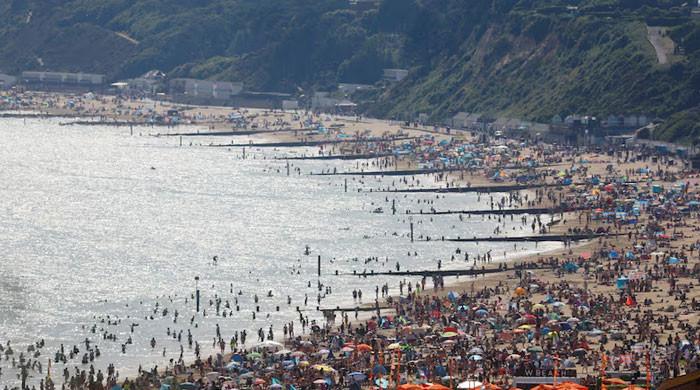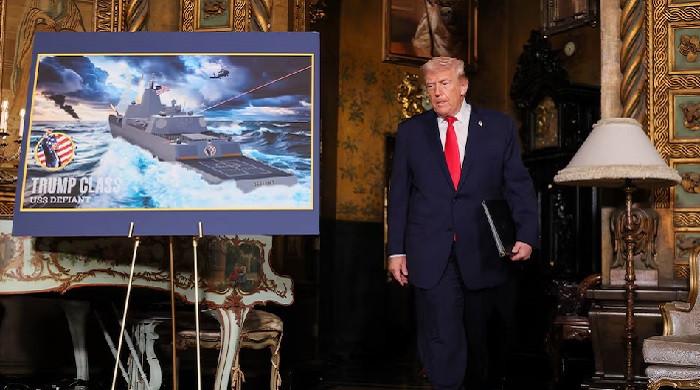Crunch week for hopes of progress in Iran crisis
VIENNA: Renewed efforts to take the heat out of the dangerously escalating Iran nuclear crisis face a stern test this week with two crunch meetings, first in Tehran on Monday and then in Baghdad two...
May 19, 2012
In Tehran, International Atomic Energy Agency (IAEA) head Yukiya Amano, in his first visit as director general, will press Iran for closer cooperation in order to relieve its long-held suspicions of a covert nuclear weapons programme.
But a perhaps more important gathering comes on Wednesday in Baghdad when Iranian officials meet counterparts from the P5+1 world powers -- Britain, China, France, Russia, the United States, and Germany -- plus the European Union.
Both events follow earlier rounds, in the IAEA's case last week and for the P5+1 in Istanbul last month, that found enough common ground and willingness to engage to at least meet again.
But on both tracks, negotiators now face much more of a challenge as they tackle the thorny issues that have divided not only Iran and much of the international community, but also the P5+1 powers themselves, for years.
They also represent another try at finding a diplomatic solution to a crisis that has escalated since Barack Obama offered Tehran an "extended hand" if it "unclenched its fist" on becoming US president in January 2009.
Since then Iran has significantly ramped up its nuclear programme, leading to increased sanctions -- including on its lifeblood oil sector -- because of fears that its activities are not, as Tehran insists, purely peaceful.
Most notably, Iran is now enriching uranium to purities of 20 percent, a significant jump towards 90-percent weapons grade and shortening the "breakout" time needed to create a bomb -- if it decided to do so.
Israel has meanwhile strongly hinted that it could launch military strikes on Iran if diplomacy fails. Obama criticised in March "loose talk of war" but also said he would "not hesitate to use force when it is necessary".
Israeli Prime Minister Benjamin Netanyahu warned on Friday that Tehran could use the upcoming talks "to delay and deceive and buy time".
Iran, which has seen several nuclear scientists assassinated in attacks it blames on Israel, has threatened to block the Strait of Hormuz and has conducted military manoeuvres including sending warships through the Suez Canal. (AFP)




